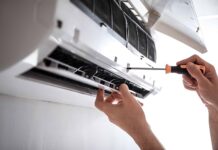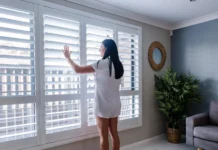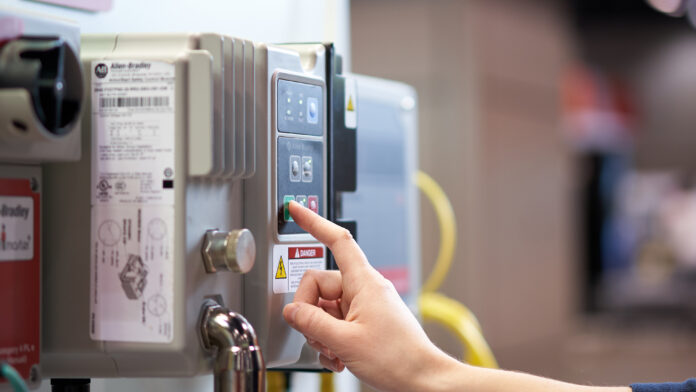
A major priority for homeowners is keeping their homes and family safe from accidents. The various appliances and systems found in homes are quite a handful when thinking about safety hazards guidelines. One of these systems is electricity installations. This article will cover various tips that will enable you as a homeowner to keep your family and property safe.
1. Cease from Overloading Outlets
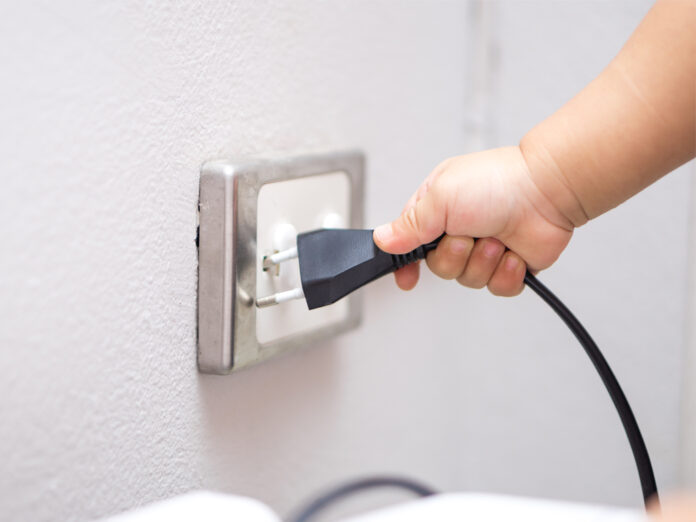
Plugging one outlet with many gadgets is a common cause of house fires. Each outlet is allocated a certain amount of current, and connecting several items overloads the socket. Apart from causing problems with the breaker box, an overloaded outlet can quickly spark and start a fire.
Keep a reasonable number of items connected to one outlet and use these gadgets one at a time to avoid overloading. Ensure the significant devices such as ovens, dishwashers, and laundry machines have dedicated outlets that are not connected to any extension cords. Click here to learn more.
2. Water and Electricity
Though this is a standard safety tip, there are water and electricity guidelines that experienced homeowners may not be aware of.
One of these tips is that water will conduct electricity. When you touch an electric appliance with wet hands, you may get shocked. This applies to using electrical items when they are too close to water.
Though it’s typical to put out a fire using water, electrical ones-not effectively. Water may seem to work at first, but it only fuels the fire more. It’s recommended that each home should have an easily accessible fire retardant chemical extinguisher to put off electrical fires.
3. Flooded Basement
Have a flooded basement? Don’t step in there. The water may be charged with a current from any electrical equipment in there. You should first test the standing water for any electrical current before walking into it.
4. Ground Fault Circuit Interrupters (GFCI)
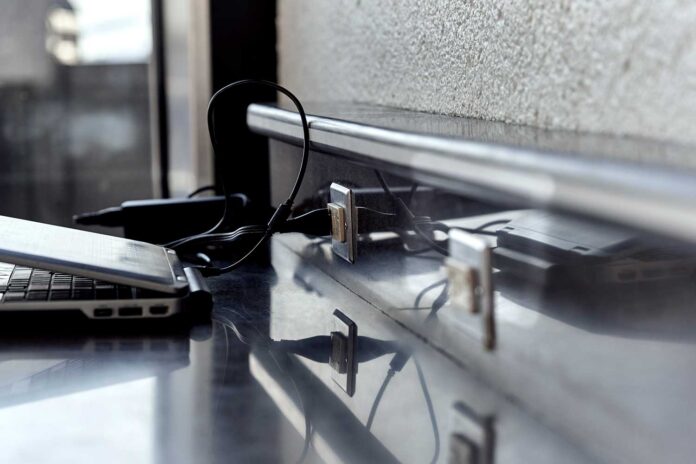
The best recommended electrical outlets are GFCI, especially for rooms with running water. They are also best when child-proofing a room. It acts by detecting a power surge then disabling the outlet; when the socket has a foreign body inserted, there is an overload or wet.
5. Tools
Though they make working with electrical systems easier, there are ways you should handle them.
Tips when using electrical powered tools:
- Do not use a device that is plugged into an outlet when standing in water.
- Make sure the outlet in use has the correct capacity for the current your device needs. This is best checked when you are buying the tool or before starting to work.
- Wear goggles, though not electrical it’s a good safety tip
- It would be best if you placed any extension cords strategically to avoid injuries.
6. Electrical Cables
Consider how you use power and extension cords. Have the following tips in mind:
- Not easy to accept, but extension codes have a short period as per their design.
- Keep your cables away from pets as they can damage them by chewing.
- Ensure the cords you are using are in excellent condition, with no frayed or exposed wires.
- No cables should go across pathways.
- Do not yank cords when removing them from sockets as it will result in damages.
7. Walls
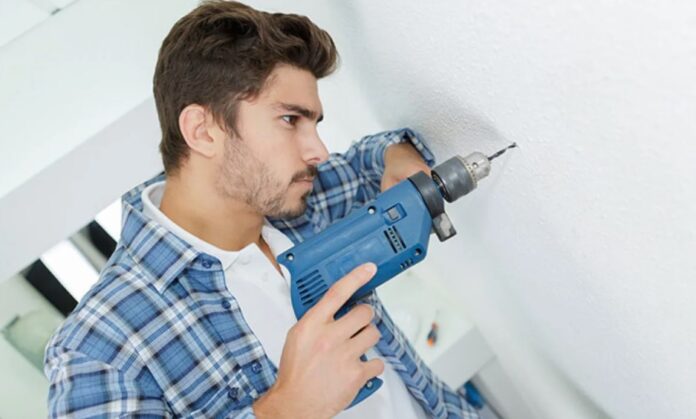
Is drilling the wall part of your upcoming house project? Drilling often damages the inside of walls. Make sure you know where your home’s cables run through before starting your project.
8. Electrical gadgets
CowleyElectrical explains that if you are not a professional electrician, know your limits when fixing electrical appliances. Trying to fix an appliance incorrectly can result in electrical shocks, further damage, and possibly fire.
9. Light bulbs
Most light bulbs have a proposed wattage requirement which is usually marked on the socket. A bulb with a lower wattage than the one marked on the outlet can result in overheating, resulting in a fire breakout. Always unplug a lamp first if the bulb has broken to guard against injuries.
As a homeowner, do not ignore these issues inside the home:
- Regardless of the outside temperature, sockets should never be warm. If they are, it’s advisable to call a qualified electrician from Same Day Trades. The causes of a warm or hot outlet can be high voltage or damaged cables.
- Repair loose sockets as early as possible. Ignoring them results in damaged wires, which exposes you to danger.
- Though breakers trip from time to time, there is either an overload or a problem with the specific panel when it often happens.
- At times bulbs though switched off, may remain on. This indicates a faulty wire or a surge from the main power supply, which an expert should check.
- Always check out where burning smells are coming from in the house. Distinguish the smell of burnt food and smoldering wires.
10. Outside home

If you are building an outdoor area, use the following guidelines to make the place safe.
- Plan far ahead regarding planting trees near your home’s power lines. Electricity lines are dangerous, and power can be conducted through anything that touches them, including, ladders tree limbs, and rakes. Avoid tall structures around power lines as they act as electricity conductors, especially during rainy seasons.
- Extensions cables are available for use in or outside the home. Make sure you use it as intended to avoid fire breakouts.
- If you plan on digging your backyard for various reasons, consult with your local electric company. They should give guidance as to whether any electric cables are passing underneath.
- For exterior lights, follow the same guidelines for interior lighting. Look into any foul odor, flickering, frayed wires, loose sockets, and use of ground fault circuit interrupters. However, keep in mind the weather condition is different while planning for exterior lighting.
For a safer home environment, ensure not to overload your sockets, know your wiring system before drilling walls, secure loose sockets, and replace frayed cords. Remember, even if fixing electrical appliances may seem easy, you are on the safer side by calling in a full service electrical contractor.
Follow these safety tips and guard your property and family against fire breakouts.




